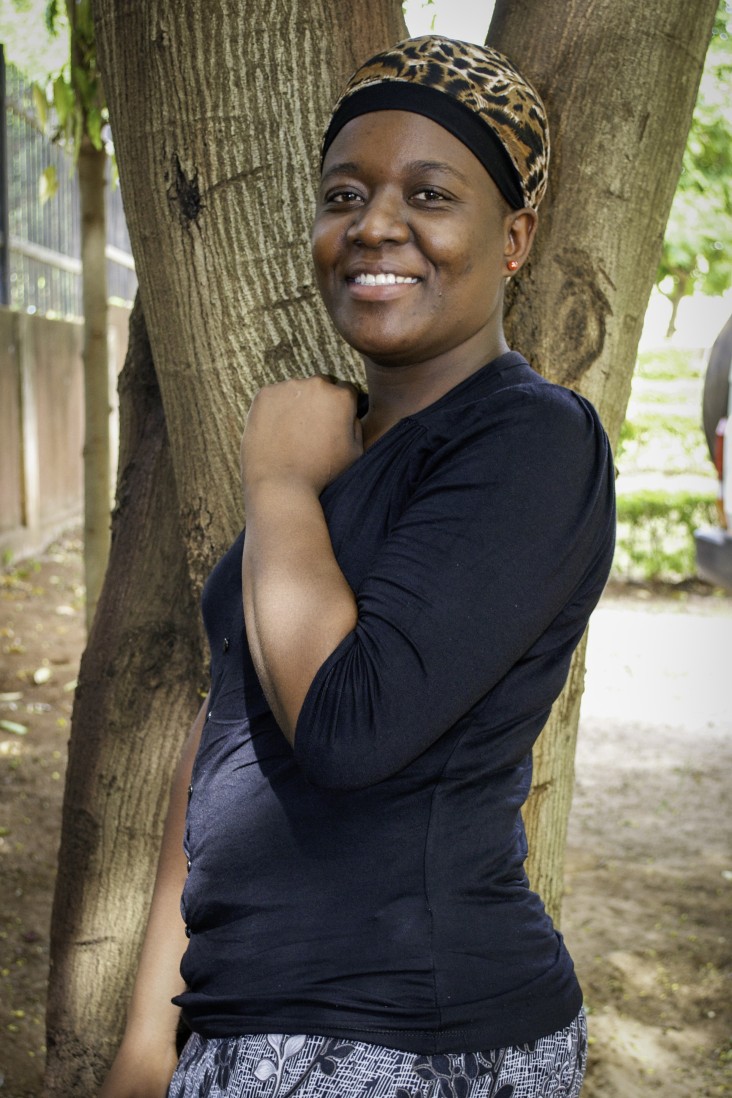
May 2015—Since 2003, nearly 50,000 girls in Tanzania have been denied ongoing education due to pregnancy. This expulsion falls under the guise of a law that allows schools to refuse admission due to “undesirable” physical health.
Standing tall in a pink Morogoro Nursing College uniform, it is hard to believe that Laudekia Nyamanda was ever one of these girls. Her current status is even more improbable because, by the age of 15, she was a single mother, cast out by her family due to the stigma of teenage pregnancy. With an infant, scraps of an education and no community support, Nyamanda’s future promised poverty, not nursing college.
What happened? The Secondary Education for Girls Advancement (SEGA) school came into her life.
A new, all-girls, start-up school in the Morogoro region of Tanzania, SEGA was designed to reach “vulnerable” girls who dropped out of school due to poverty, being orphaned, or other undesired circumstances—such as early pregnancy.
During its establishment, SEGA asked Nyamanda’s community leader to help recruit girls for their new remedial program. Nyamanda’s strong application qualified her for an entrance exam, and a high test score secured her enrollment. Thus, in 2008, in a borrowed classroom with 29 other students, Nyamanda became one of SEGA’s first students.
Nyamanda, now 22 years old, still reminisces about her time at SEGA. “I am so very proud of myself and to be a part of SEGA,” she says. “I felt safe at SEGA and I did not feel that way at home … I felt accepted and yet I could [still] be proud of my child.”
In 2011, USAID, through an American Schools and Hospitals Abroad (ASHA) grant, supported the construction of two classrooms for SEGA, houses for a headmistress and teacher, and three dormitories. The following year, the project provided a second grant for two more residential houses, science labs, a library, computer room, staff offices, a dispensary, a laundry facility and two other large dormitories.
Construction completed, the school now occupies a 23-building campus with 190 boarding and day students.
Since its formation, SEGA’s mission to educate at-risk and vulnerable girls has stressed three competencies in its curriculum: academics, entrepreneurship and a unique life skills curriculum called Education for Life. Through practical experience and classroom learning, students build a foundation for an independent and self-sustaining life.
For many girls at SEGA, the Education for Life skills are of particular importance. They address values frequently ignored with vulnerable students. At SEGA, confidence, proper hygiene, sexual and reproductive education, communications and self-expression are taught by a professionally trained school counselor.
The Education for Life program—a concept uncommon in Tanzania—not only teaches the girls how to live a healthy life, but how to live a life on their own terms.
LINKS







Comment
Make a general inquiry or suggest an improvement.